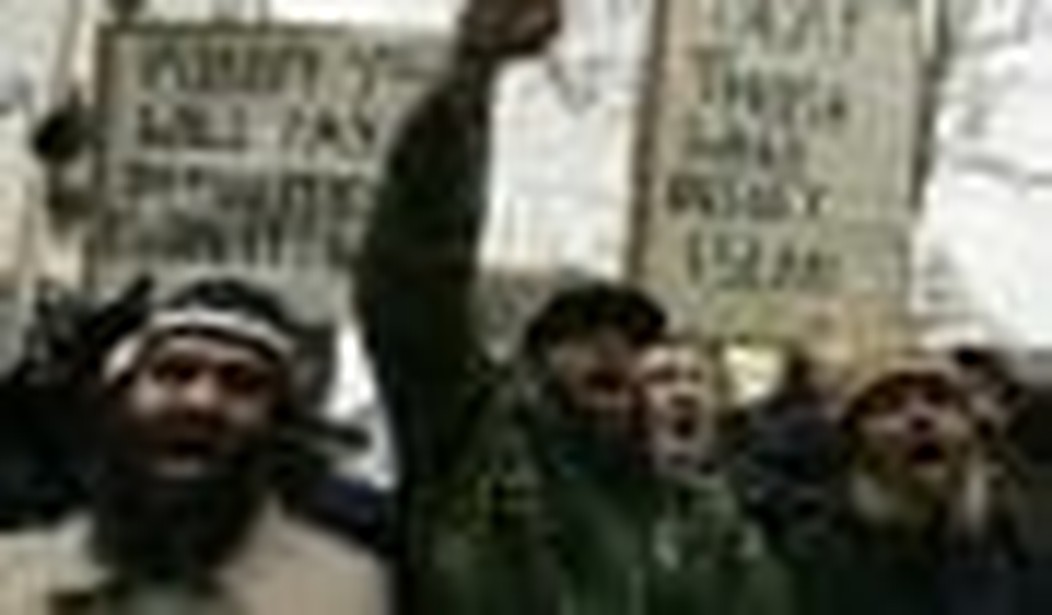I used to assume that decline of Western civilization was manifest in the unwillingness of elites to discriminate. The idea of “the discriminating man,” the one who weighs concerns and assets, has been transmogrified into “the sensitive man,” the one who resists criticism.
Of course arbitrary discrimination based on superficial concerns, e.g. skin color, should be opposed. But this is rarely the case. We live in an era in which any attempt at judgment is cause for arousal. To suggest that the willful integration of homosexuals into the military services will destroy morale and the very spirit needed to maintain discipline is regarded as hogwash, the view of some antiquated past without universal understanding. A collapse of monumental proportions has been engineered and there is scarcely a word of protest across the land. Is that because almost everyone buys into the prevailing judgment or is it because so many do not want to be the target of opprobrium?
Whatever the proposition, discrimination has suffered yet another blow. But while an unwillingness to take a stance is one dimension of civilizational decline, it does not compare in passion or intensity to preemptive capitulation, a desire to support the very movements that exist to undermine the West. In fact, the more extreme the movement, the more you find ardent defenders. For example, jihadists in the United States and Europe state without equivocation a desire to create caliphates across the globe and to introduce sharia as legal precedent.
Remarkably those on the left, who once renounced orthodoxies of any kind, now embrace the totalistic dimensions of Islam. They insist that the full panoply of civil rights provisions be given to foreign combatants (read: terrorists). They contend that the Islamic faith promotes peace, even when every school boy knows Islam is designed to place the non-believer in a position of submission.
The Danish government that once stood up to Islamic intimidation has seemingly collapsed. Now one minister after another finds some justification for Islamic violence; a rationalization that makes defense of Western traditions untenable. And this is rapidly becoming the European defense model as judicial officials opt to maintain order rather than confront extremists.
Can the West withstand this dual attack? My answer is “yes,” if the West awakens from its ideological slumber and attempts to slaughter the dragon of intimidation.
As Adam Smith noted, “there’s a great deal of ruin in a nation” and, I might add, in a civilization. “The future is unknowable,” as Winston Churchill pointed out in A History of The English Speaking Peoples, “but the past should give us hope.”
As I see it, overcoming war, poverty, tragedy, brutality and murder suggests that mankind possesses the instinct for self-preservation even if it isn’t immediately apparent. We root for self-realization even as we fail to see our failures. Can history resort to a turning back, a dark ages where standards of any kind are in disarray except the standards of might making right?
For a time, like the one we are in, it may seem that way, but recovery may be around the corner as an anti-toxin for what ails us. History has a way of being pliable and unpredictable, stretching out before us unimagined scenarios of replenishment just as the hour is darkest. That is the condition that offers hope amid the sundry examples of contemporary despair.









Join the conversation as a VIP Member